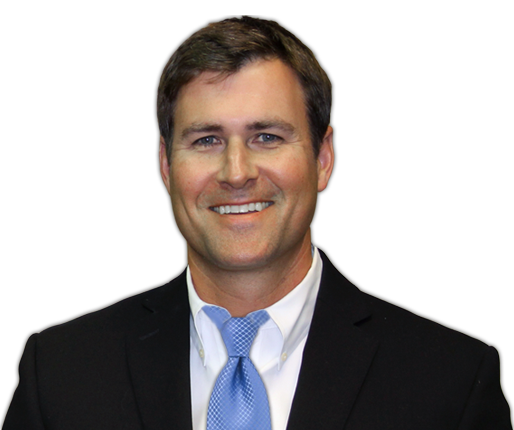Gallbladder Surgery
Keith Zacher, M.D., F.A.C.S. has 13 years experience as a general surgeon using advanced laparoscopic surgical techniques to treat disorders of the gallbladder. He performs minimally invasive and traditional surgery, with an emphasis upon providing the least invasive procedure possible.
Gallbladder Conditions
The gallbladder is a small, pear-shaped sac located below your liver in the right upper abdomen. Gallbladder disease is very common in the United States and gallstones are often the culprit. Gallstones form when bile hardens into stones in the gallbladder. Though gallstones may cause no symptoms at all, they can be dangerous if they become impacted, cause inflammation or infection.
Other gallbladder disorders can be due to cancer or other dysfunction. Fortunately, the gallbladder is an organ people can live without. Laparoscopic surgery to remove the gallbladder is the most common treatment for gallbladder attacks.
Symptoms
Gallbladder attacks often follow fatty meals and can be evidenced by a steady and rapidly increasing pain in the right upper abdomen, between the shoulder blades, or under the right shoulder.
Seek treatment immediately if you experience any of these symptoms:
- Pain that lasts more than 5 hours
- Fever
- Nausea or vomiting
- Your skin or whites of your eyes appear yellowish
Diagnosis
When your doctor suspects gallstones are the cause of your symptoms, he will use these tests to diagnose:
Abdominal ultrasound:
This is the most common test for gallstones. This is a noninvasive examination in which a technician glides a handheld device over your abdomen, sending sound waves toward the gallbladder. The sound waves bounce off the gallbladder, capturing its image on a video monitor. If gallstones are present, the sound waves will bounce off them showing their location. The image created allows Dr. Zacher to evaluate the condition of your gallbladder.
HIDA scan (cholescintigraphy):
This test is used to diagnose inflammation of the gallbladder or obstruction of the bile ducts. The HIDA scan involves intravenous injection of a small amount of non-harmful radioactive material that travels through the bile ducts into the small intestine, revealing abnormalities and blockages.
Treatment:
If you have no symptoms caused by your gallstones, you do not need surgery. However, the only effective treatment for symptomatic gallbladder disorders is surgery. If you are suffering gallbladder attacks, your doctor will likely recommend you have your gallbladder removed. This operation is called a cholecystectomy. This is one of the most frequently performed surgical procedures in the United States. Dr. Zacher specializes in laparoscopic surgery to remove the gallbladder with minimal incisions, quicker recovery and less discomfort for the patient.
Laparoscopic Cholecystectomy: is a minimally invasive procedure in which the gallbladder is removed with only three half-inch incisions below your rib cage and a half-inch incision in your navel.
Dr. Zacher uses an endoscope attached to a small camera to see your gallbladder while he operates to remove it through these small incisions. If tests show that a gallstone has entered your bile duct, it will also be removed.
A laparoscopic cholecystectomy can often be done as an outpatient procedure or with an overnight stay. Patients generally find that they can resume normal activity after a few days at home. There are no diet restrictions after this operation.
Open Surgery:
Very infrequently open surgery will be necessary to remove the gallbladder. Reasons for this include severe inflammation, infection, or scarring from other operations. Dr. Zacher has years of experience performing both laparoscopic and open cholecystectomies. He will carefully diagnose the appropriate surgical solution for your condition with the goal of providing the least invasive option possible. Recovery from open surgery usually requires 3 to 5 days in the hospital and several weeks at home.
To learn more or to schedule an appointment, please call (480) 772-2453.
